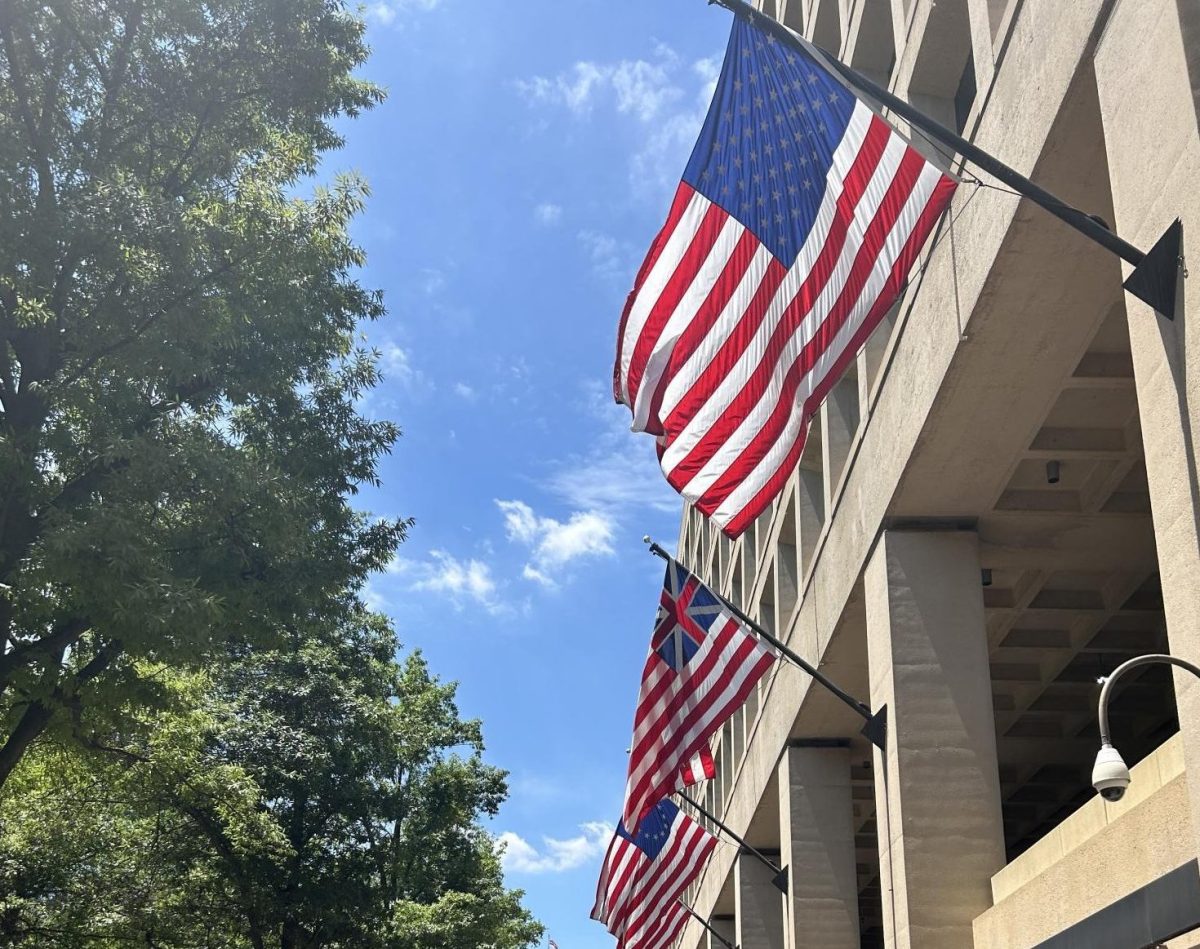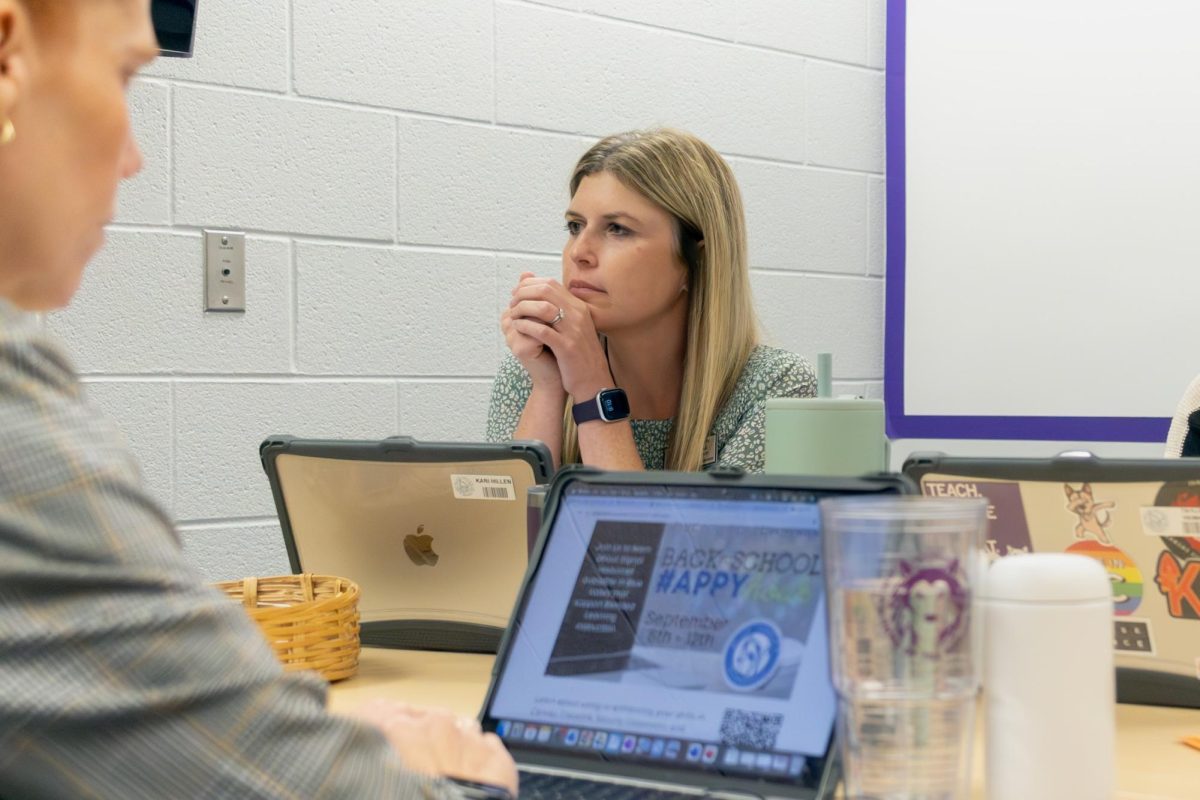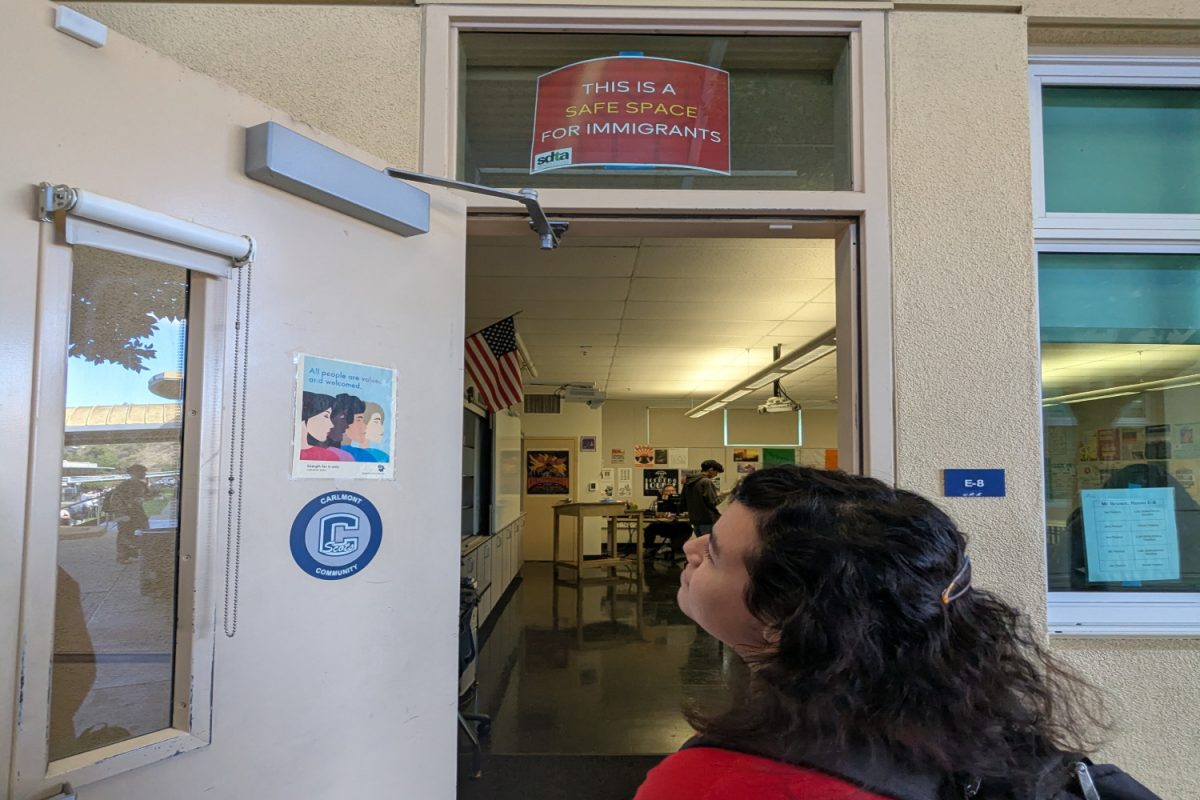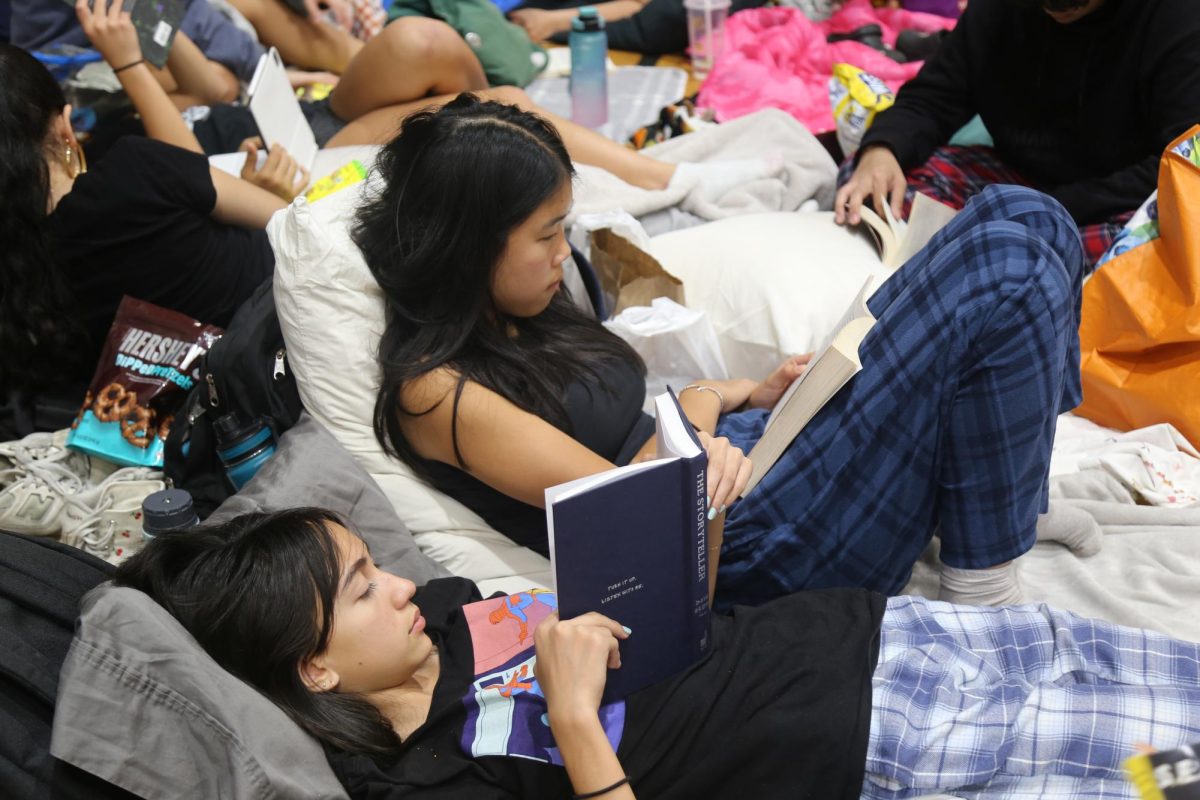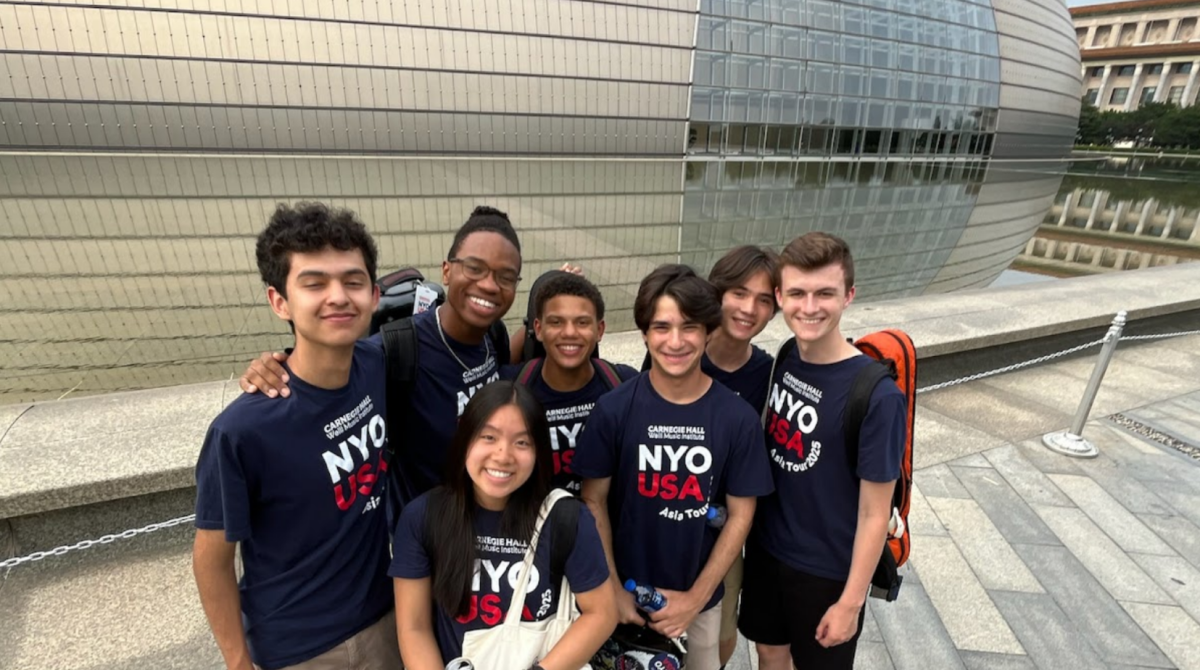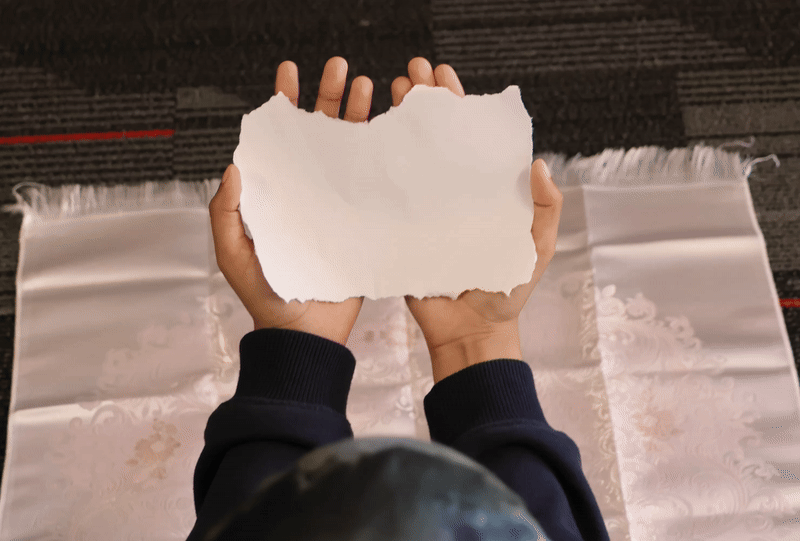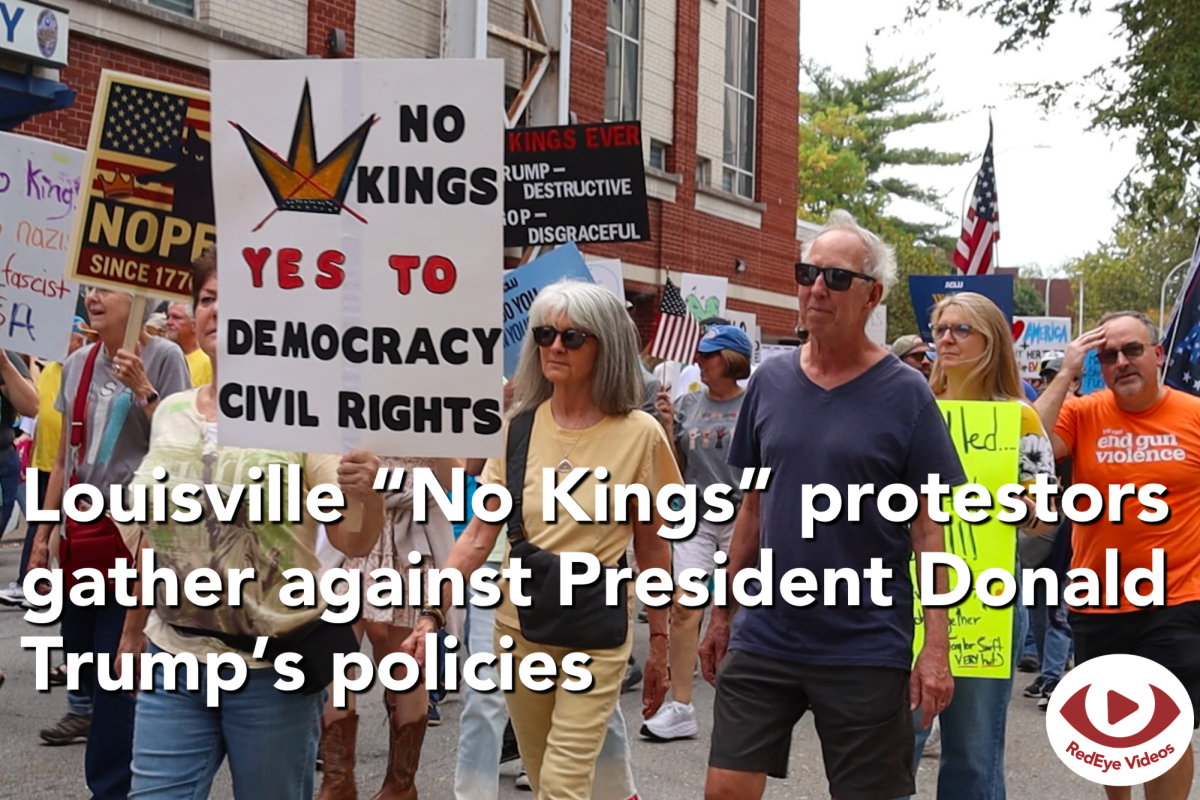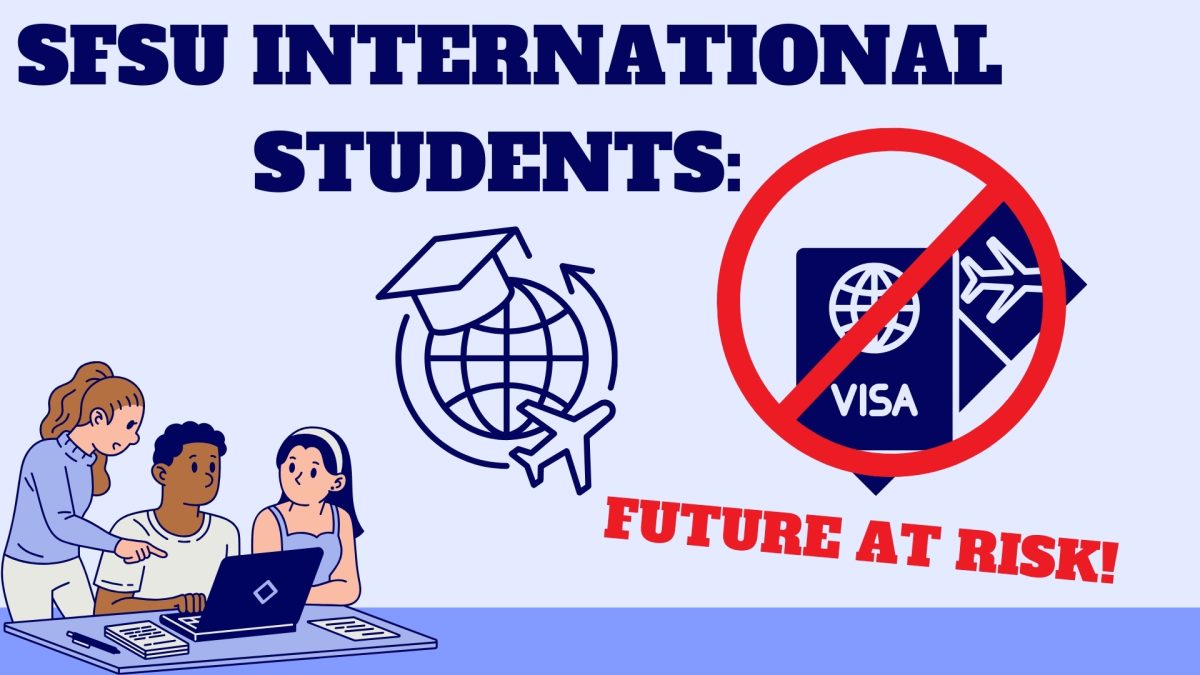“It was easy to get here,” Chinese international student Yijun Zhou said. “We didn’t have problems.”
Zhou and her friends Yuran Song and MengYing Li are Chinese international students who came to San Francisco State University ready to study for a full year and get a change of scenery from the humid climate of China.
Now in the second week of school, the three students outlook on the city and the United States remains optimistic and undeterred, despite the latest proposal from the Trump Administration, which is vying to remove the “duration of status” policy for international and exchange students, limiting visas to a four-year period. This is a direct difference from the original 60-day grace period after students’ educational programs are completed.
The August proposal is in response to what the administration and Department of Homeland Security refer to as “visa abuse.” They are also reviewing valid visa holders in the U.S. for any violations, such as “ineligibility, including people staying past the authorized timeframe outlined in a visa, criminal activity, threats to public safety, engaging in any form of terrorist activity or providing support to a terrorist organization.”
If international students look to stay longer, the proposal suggests that a fixed timeline would require them to apply for further visa extensions and assessments with the DHS. According to the DHS, assessments include biometrics appointments to verify background checks and in some cases, in-person interviews when a longer extension is requested.
Zhou and her friends don’t closely follow politics, but they are confident in their stay and don’t anticipate any actions coming against them. Zhou said the only stressor on their mind is that they are “a little afraid because our English isn’t that good.”
However, for individuals that make up about 937 of SFSU’s international students that hold J, F and other visa statuses, speaking mostly fluent English is the least of their worries.
An SFSU international student, who wanted to remain anonymous due to safety concerns, said he is terrified of deportation and leaving the life he has made here with friends, job opportunities and education.
“My visa is expired. I was not able to go back to Algeria to renew it because I was scared that they would not give me the visa again,” said the student.
This student works illegally by coaching youth sports through a program he set up himself so that he can have enough money to afford rent and other living necessities. Based on the administration’s announcement, the student plans to move to Europe if he senses that there is no longer any opportunity to pursue a future and continue building a life in San Francisco.
“I’ve built so many good relationships here in the U.S., friendships and my work,” he said. “If I go back to Algeria, I will lose all of that.”
The thought of deportation is a pressing concern for most students who don’t have U.S. citizenship, especially after starting a new chapter in the U.S. and losing their education and relationships.
“I’m working illegally. We’re not allowed to,” said the student. “I’m scared that they will find out that I am working from my paychecks. I am scared of deportation.”
In addition to deportation, the involvement with political activism, in regards to “terrorist organizations,” is another cross-examination that the DHS is reviewing for the visa renewal of international and exchange students.
Brian, a member of SFSU’s Student Union, said that he has only heard of students at other schools having their visas at risk because they were involved with pro-Palestinian protests.
Although unaware of this happening on SFSU’s campus, Brian said “it puts a lot of fear into students.”
“This is the same department that is cutting school budgets,” Brian said. “Enrollment is declining and so is international enrollment.”
In support of international students, educators and universities are making their voices heard within the 30-day comment window that closes. The DHS has until Sept. 29 to review comments before the visa proposal is accepted.
In an email, Marilyn J. Jackson, SFSU’s assistant vice president of the Division of International Education, shared that the National Association for Foreign Student Affairs took a stance that the rule would discourage international students from choosing the U.S. as their place of study.
“It will certainly act as an additional deterrent to international students choosing to study in this country, to the detriment of American economies, innovation and global competitiveness,” said NAFSA Executive Director and CEO Fanta Aw in the statement.
This story was originally published on GoldenGateXpress on September 14, 2025.


